
Neuroimmunologist, we study innate immune signalling, inflammasomes and immunometabolism in aging and dementia 🧠
https://www.iiibonn.de/roisin-mcmanus-lab/roisin-mcmanus-lab-science
Really enjoyed the discussions and meeting many amazing researchers, including some old friends 😊
Thanks to @David Loane and the TCD Biochemical society for the lovely invitation


Really enjoyed the discussions and meeting many amazing researchers, including some old friends 😊
Thanks to @David Loane and the TCD Biochemical society for the lovely invitation
Thanks to everyone who came to our session on innate immunity yesterday! Really enjoyed the discussions after on our findings on #metabolism & #microglia function in #alzheimer’s disease
I’ve learned a lot at this meeting - looking forward to Copenhagen 2026 🧠

Thanks to everyone who came to our session on innate immunity yesterday! Really enjoyed the discussions after on our findings on #metabolism & #microglia function in #alzheimer’s disease
I’ve learned a lot at this meeting - looking forward to Copenhagen 2026 🧠
It’s been an amazing year, from starting out with an empty lab space to having our first co-authorships, grant awards and successful student projects 📄
Delighted to work with such a wonderful team of scientists on #alzheimersdisease and #dementia research 🧠

It’s been an amazing year, from starting out with an empty lab space to having our first co-authorships, grant awards and successful student projects 📄
Delighted to work with such a wonderful team of scientists on #alzheimersdisease and #dementia research 🧠
And what a lovely surprise from the lab, who all wore green this morning ☺️☘️
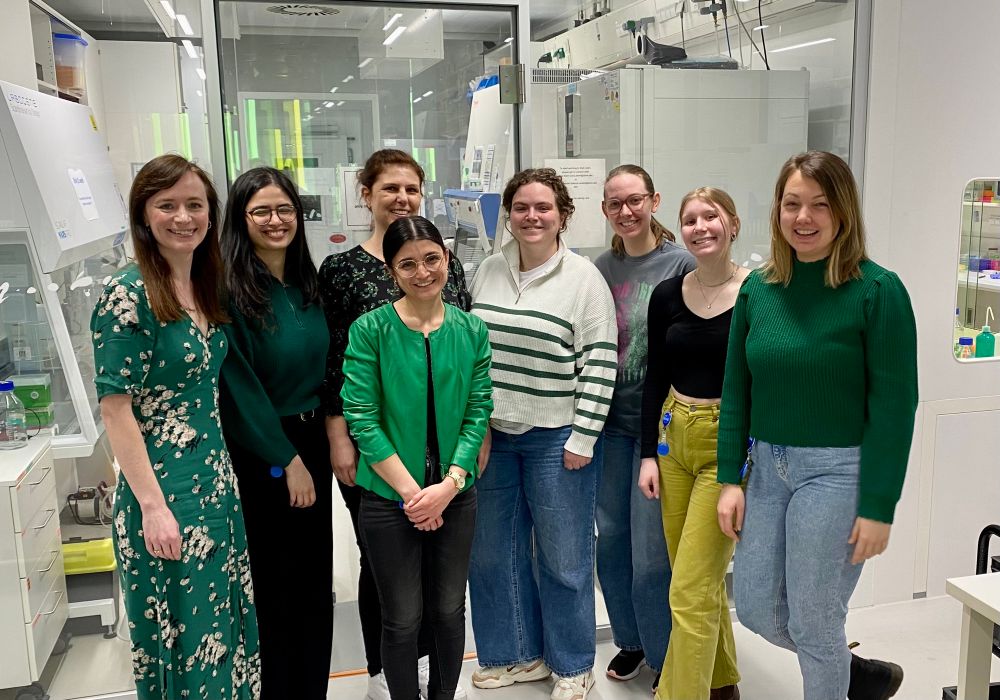
And what a lovely surprise from the lab, who all wore green this morning ☺️☘️
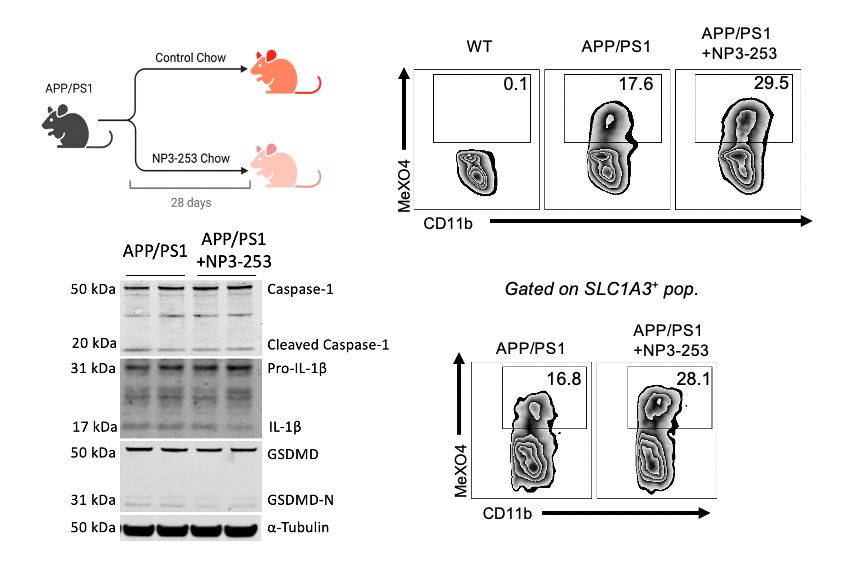
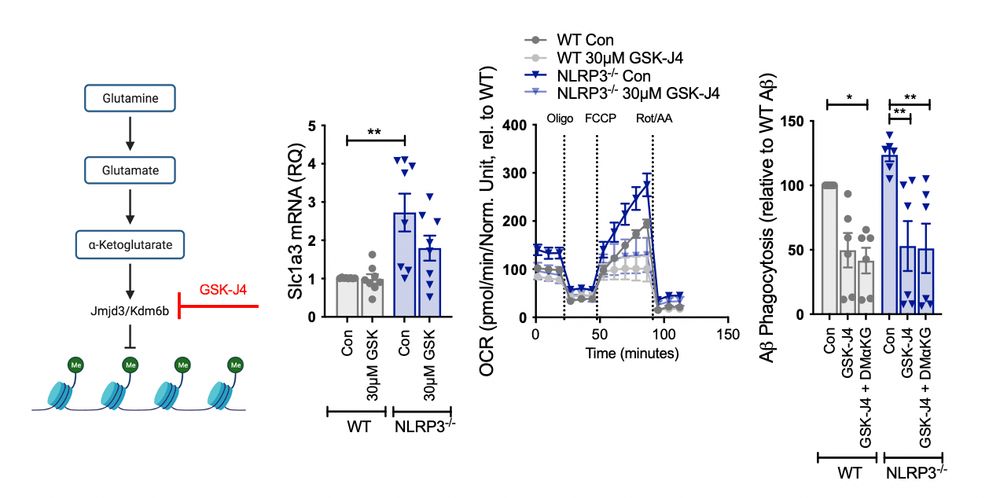
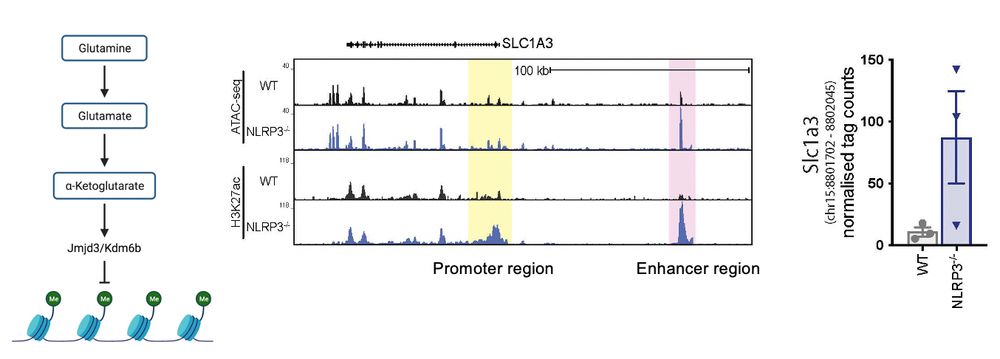
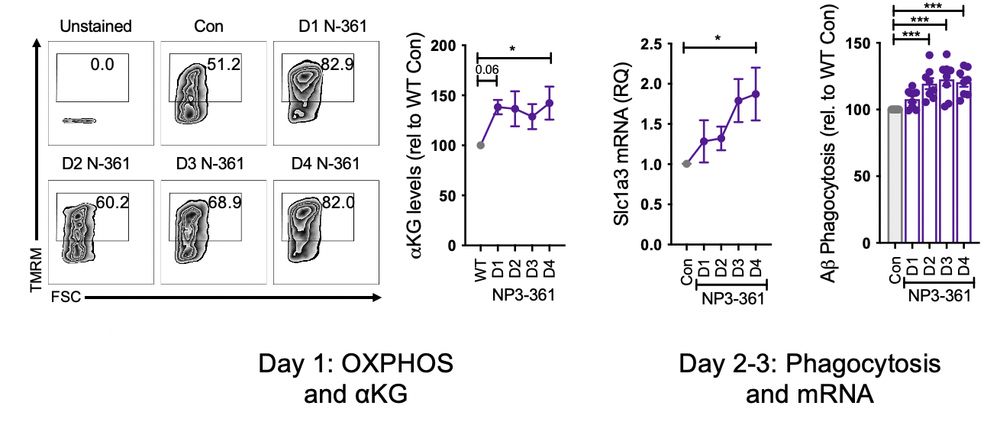
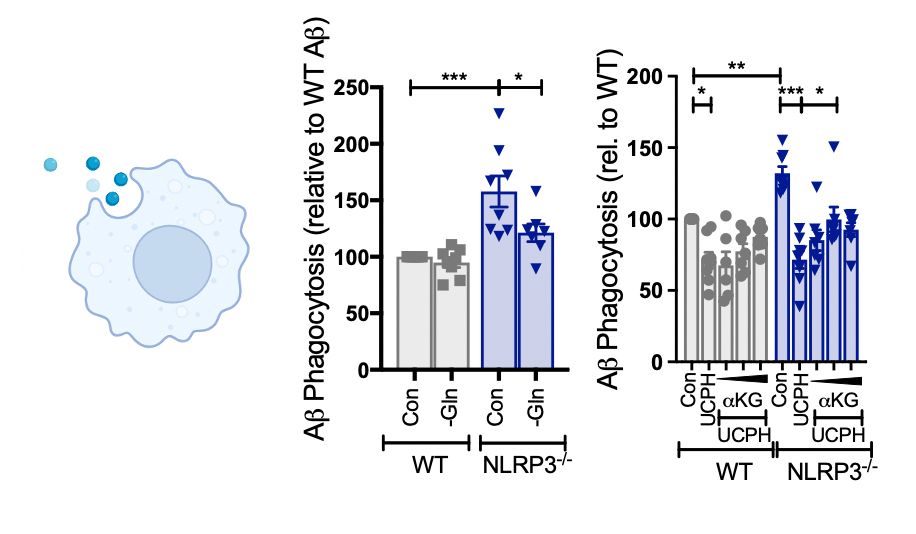
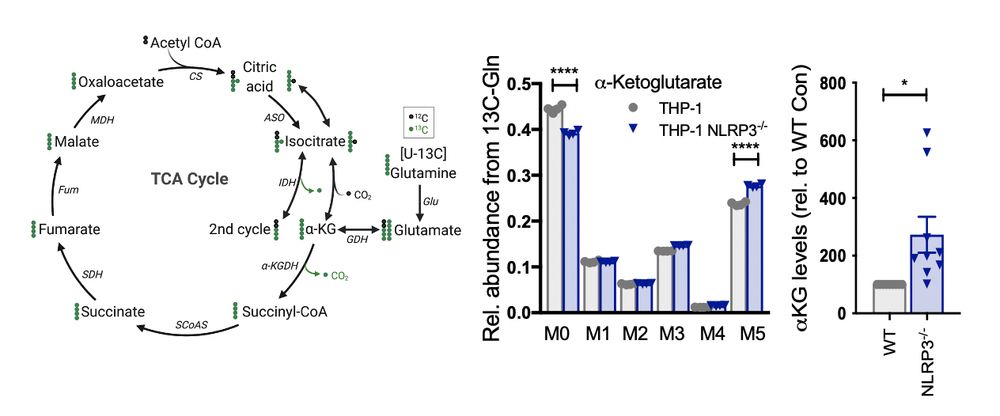
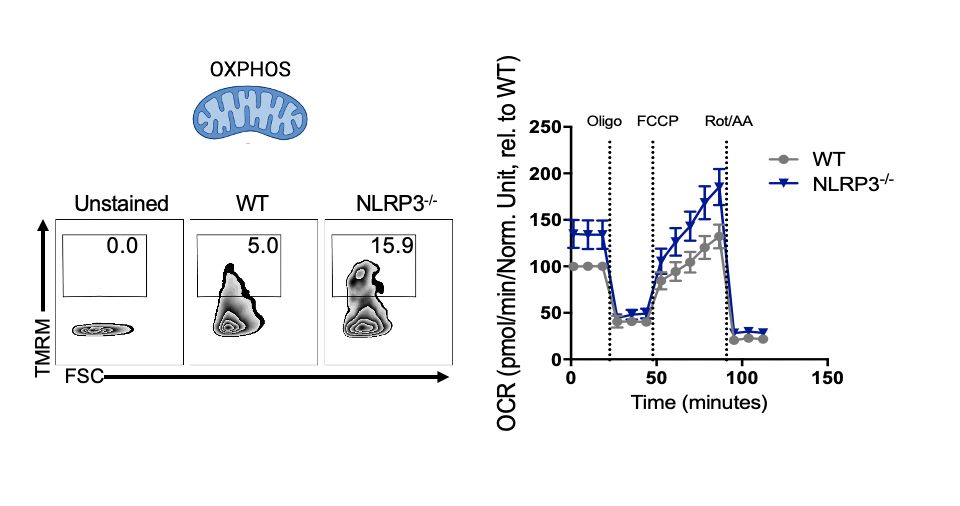
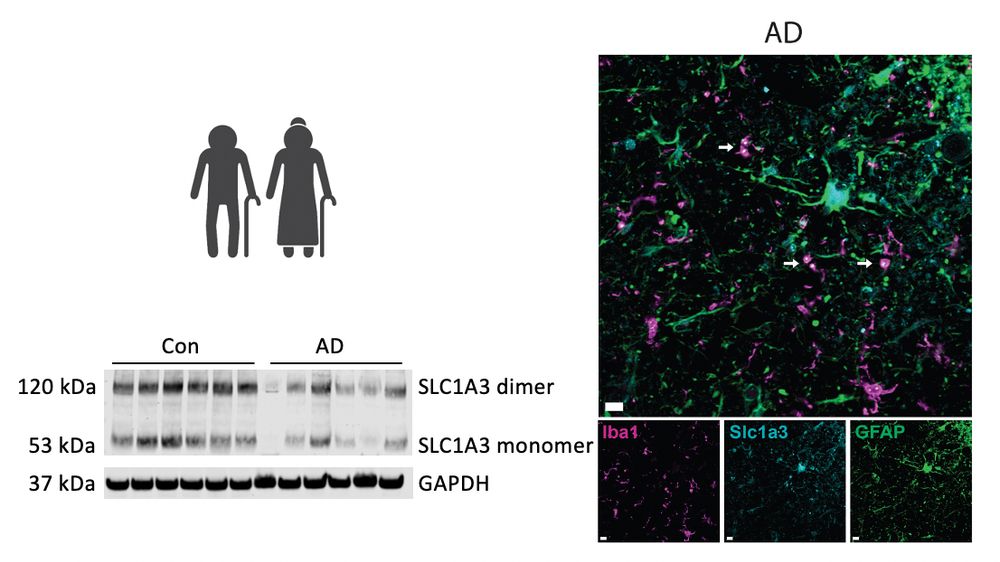
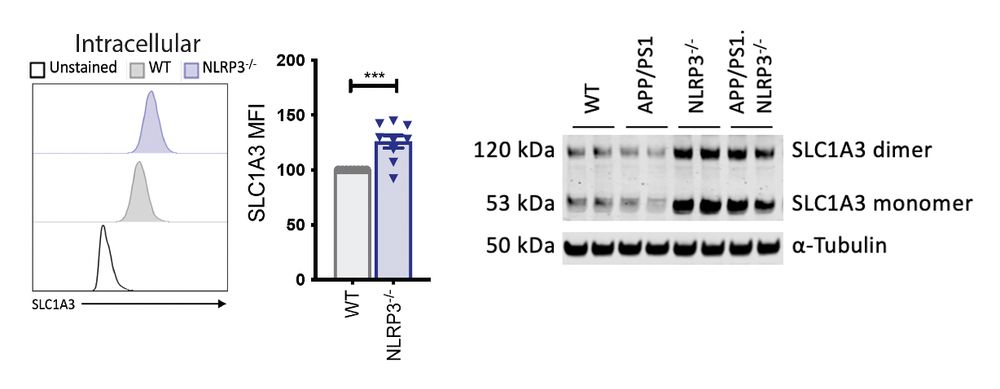
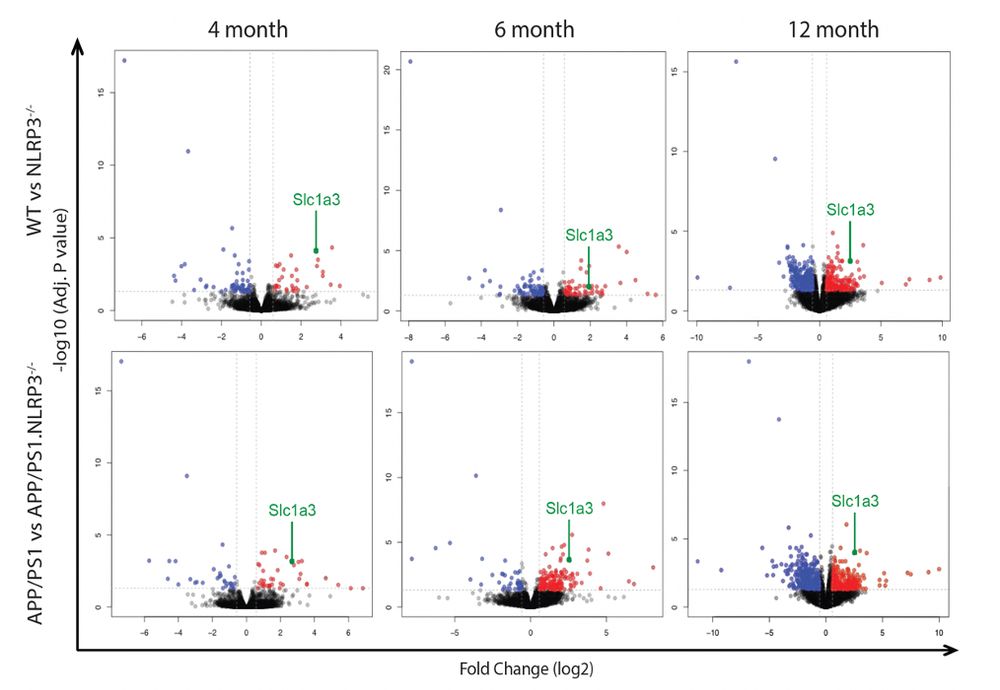
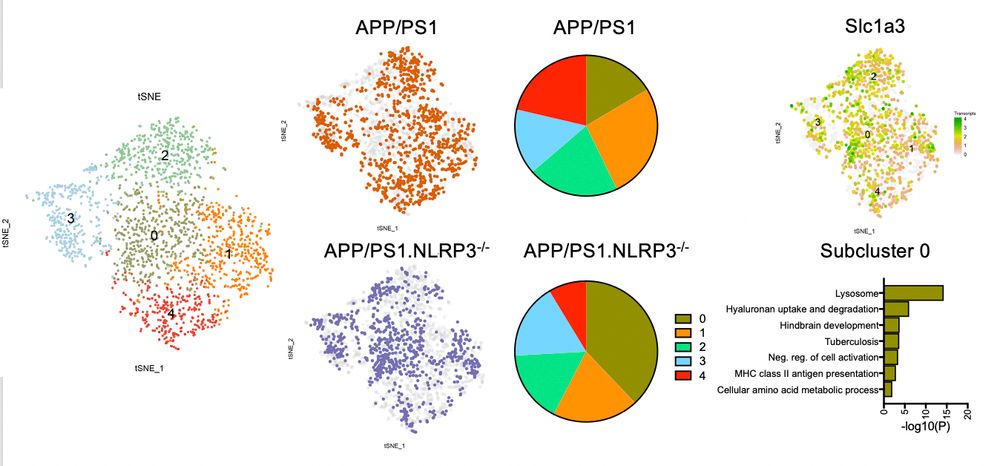
During my postdoc I noticed something surprising, where NLRP3-/- microglia were much better at #phagocytosis than wild-type cells even under basal (unstimulated) conditions (6)
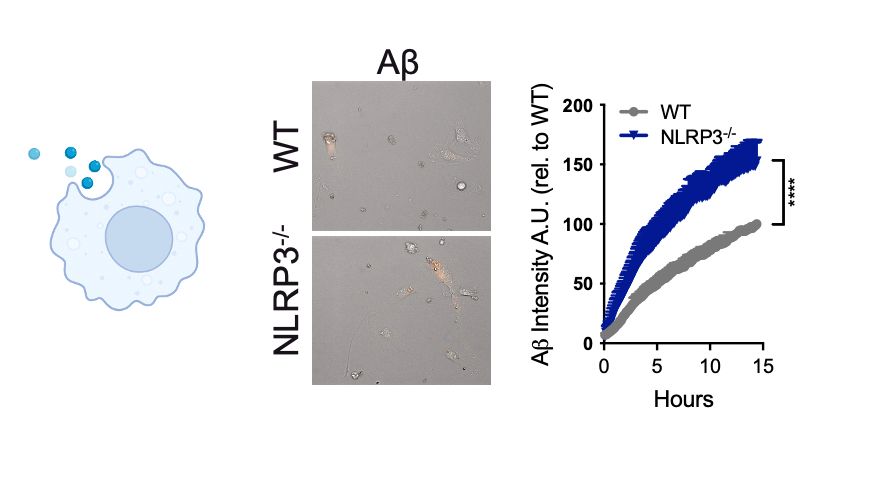
During my postdoc I noticed something surprising, where NLRP3-/- microglia were much better at #phagocytosis than wild-type cells even under basal (unstimulated) conditions (6)


